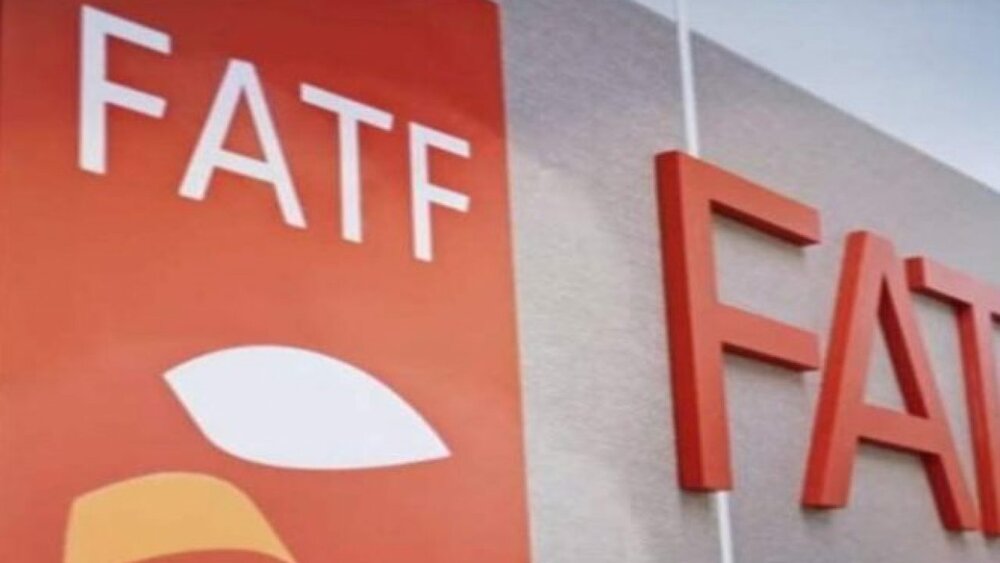RUSI acknowledges FATF being a political tool for U.S.

TEHRAN - The Royal United Services Institute (RUSI), in its latest report, acknowledges that the Financial Action Task Force (FATF) is politically oriented and acts as a leverage for the U.S. government.
Although, Iran’s interactions with the FATF so far, confirms the fact that FATF is a political entity rather than a technical and expert institution, and the U.S. is seeking to enhance the impact of the sanctions against Iran using FATF standards.
Since, in its September statement, FATF has threatened that the task force is going to once again add Iran to its blacklist if the country does not join the Convention on the Financing of Terrorism (CFT) and the Convention on Transnational Organized Crime (Palermo) by the end of February.
This decision is a clear indication that the FATF is more a political entity rather than a technical one, and the core of the action plan against Iran is set in the two mentioned conventions.
In fact, of the 41 measures which were recommended to be taken by Iran, only two have a central role and these two aren’t essential in the context of money laundering since they are more focused on international interactions and cooperation.
If the FATF was merely a technical institution aimed at fighting money laundering, it would have taken into account the serious and important actions that Iran has taken in this area, but it is clear that the FATF is looking beyond these issues and its goal is to make Iran vulnerable to sanctions.
A question that U.S. officials might have repeatedly asked themselves is “why Iran can still move forward despite the crippling sanctions?” and the FATF is clearly seeking to answer this question.
A recent report by the Royal United Services Institute is proof of the validity of this claim.
A new proof on the politicization of FATF
Western think-tanks have repeatedly reported on the political nature of the FATF. For instance, the Royal United Services Institute (RUSI), as the world's oldest independent think tank on international defense and security, has recently acknowledged that the FATF was created to set standards for dealing with financial crimes that threaten the integrity of the international financial system, but this has been true just in theory! Because decisions at the FATF are heavily based on political motives and some countries abuse it to increase their financial influence!
In fact, this report shows that, under a technical façade, the FATF has become a political tool for some countries to put pressure on other nations.
An opportunity for EU to pressure Iran
The RUSI report, further mentions the history of Iran’s interactions with the task force and says: “FATF Partnership Provides a great opportunity for dialogue between Europe, and Iran’s key players.”
In fact, RUSI analysts believe FATF to be a good opportunity for Europe to hold its grip on Iran’s economy by influencing the decisions made by Iranian officials.
The recent experience with the Europeans in recent years is a clear indication of such an attitude, for instance, the continues delay in realization of various promises made by the European signatories of the Joint Comprehensive Plan of Action (JCPOA) to Iran for encouraging the country to stay in the deal.
FATF heavily influenced by the U.S.
Elsewhere in its report, RUSI states that: "It is no secret that the United States has a significant influence among FATF members, which are mostly from OECD nations which does not include Iran, although it remains to be seen how this impact will be used in future meetings!"
This statement is an acknowledgment of the U.S.’s widespread influence on the FATF and its standards so that they are set in such a way to help toughen the U.S. sanctions, and the U.S. Treasury is using FATF as an effective weapon to increase the effectiveness of its sanctions against Iran.
EF/MA
Leave a Comment